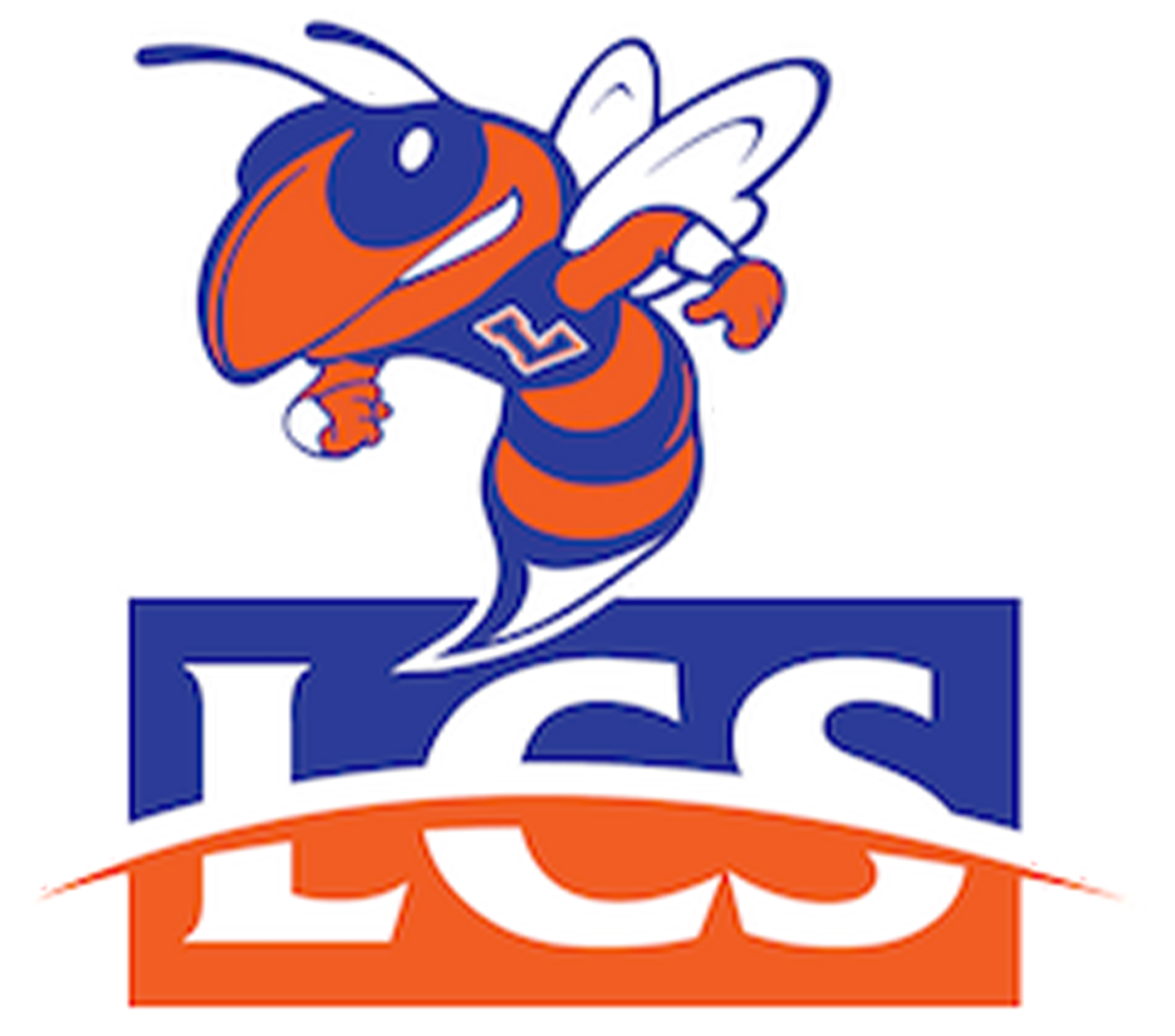Phone: (336) 242-1567
Email Lane, Andrew
Degrees and Certifications:
BS, Emergency Medical Care (Western Carolina University)
NC Paramedic Provider
(P024468)
AHA BLS Instructor
(Instructor ID: 03120083839)
My name is Andrew Lane, and I am your student’s Career Technical Education (CTE) Health Science Teacher. In my class your student will gain exposure to a wide range of careers through hands-on Paxton Patterson Lab Modules. The Paxton Patterson program allows your student access to some amazing equipment! Completion of the lab modules will allow your student to better understand different career fields and help them tailor their interests. The lab module options in my classroom are as follows: Biomedical Engineering; Dentistry; Emergency Medical Technician; Home Maintenance Fundamentals; Home Maintenance Systems; Intro. To Health Science Careers; Lifetime Nutrition and Wellness; Medical Imaging; Mental Health; Ophthalmology; Pharmacology; Sports Medicine; Veterinary Medicine.
Attention Parents/Guardians:
I am using Class Dojo to connect and communicate with you! Please use the correct link below to join. Your student will also join on their school-issued device during class.
*Class Dojo will also be used to track positive behavior, and behavior that needs improvement.
"A" Week Courses:
6th Grade Encore 1A: https://www.classdojo.com/ul/p/addKid?target=class&class=CDHZKC7
6th Grade Encore 2A: https://www.classdojo.com/ul/p/addKid?target=class&class=CMV9LHQ
7th Grade Encore 1A: https://www.classdojo.com/ul/p/addKid?target=class&class=CET8T9A
7th Grade Encore 2A: https://www.classdojo.com/ul/p/addKid?target=class&class=CBE6LVY
8th Grade Encore 1A: https://www.classdojo.com/ul/p/addKid?target=class&class=CNSAK9J
8th Grade Encore 2A: https://www.classdojo.com/ul/p/addKid?target=class&class=CPDN5U3
"B" Week Courses:
6th Grade Encore 1B: https://www.classdojo.com/ul/p/addKid?target=class&class=CSWNW8G
6th Grade Encore 2B: https://www.classdojo.com/ul/p/addKid?target=class&class=CSRZC95
7th Grade Encore 1B: https://www.classdojo.com/ul/p/addKid?target=class&class=CMARHDK
7th Grade Encore 2B: https://www.classdojo.com/ul/p/addKid?target=class&class=C9YE6A4
8th Grade Encore 1B: https://www.classdojo.com/ul/p/addKid?target=class&class=CBLDGA2
8th Grade Encore 2B: https://www.classdojo.com/ul/p/addKid?target=class&class=CY6ZWMD
About Career Technical Education (CTE) in NC (source: https://www.dpi.nc.gov/districts-schools/classroom-resources/career-and-technical-education)
"The mission of Career and Technical Education (CTE) is to empower all students to be successful citizens, workers and leaders in a global economy. CTE gives purpose to learning by emphasizing real-world skills and practical knowledge. Programs in Career and Technical Education are designed to contribute to the broad educational achievement of students, including basic skills such as reading, writing, and mathematics, as well as their ability to work independently and as part of a team, think creatively, solve problems, and utilize technology. These tools and experiences make school more relevant, and ensure students are ready for the real world. Whether students plan to further their education in community colleges, technical schools, four-year colleges and universities, receive on-the-job training, or pursue careers in the military, CTE can be the first step in a pathway toward productive employment and citizenship."
"We are proud to have 931,801 Career and Technical Education participants. The 2018 CTE Concentrator Graduation rate of 99.2% is evidence of how CTE is learning that works for North Carolina."
About CTE at LMS
Lexington Middle School CTE courses engage students in authentic problem-based learning through a program known as Paxton Patterson College & Career Ready Labs. At LMS students have many lab options available in which they can participate! As students progress through the various labs they will discover their interests and aptitudes. Please explore the web links below to learn more about the Paxton Patterson program.
Paxton Patterson: https://www.paxtonpatterson.com/
Paxton Patterson Student Login (available on home devices): https://lms.paxpat.com/

